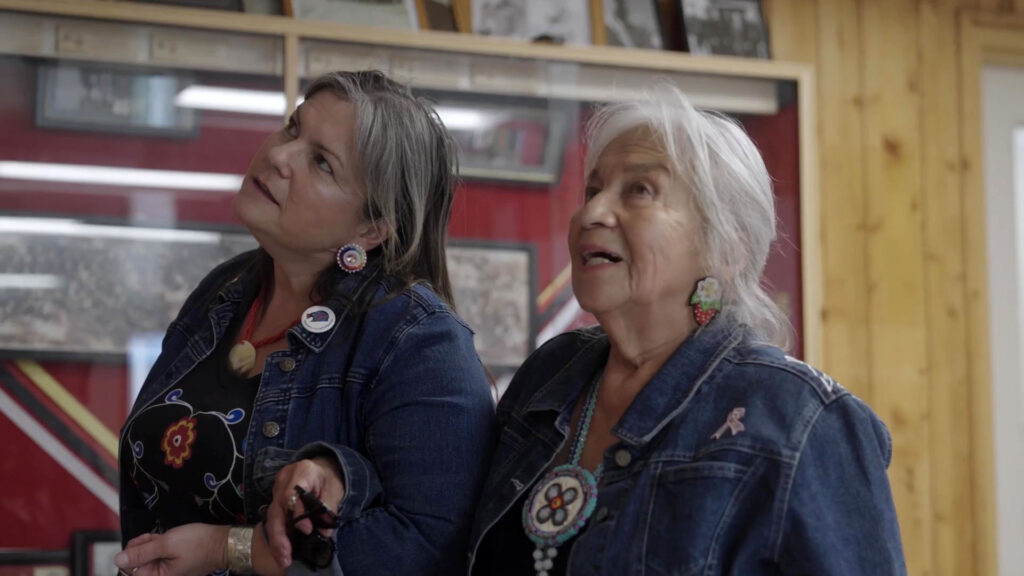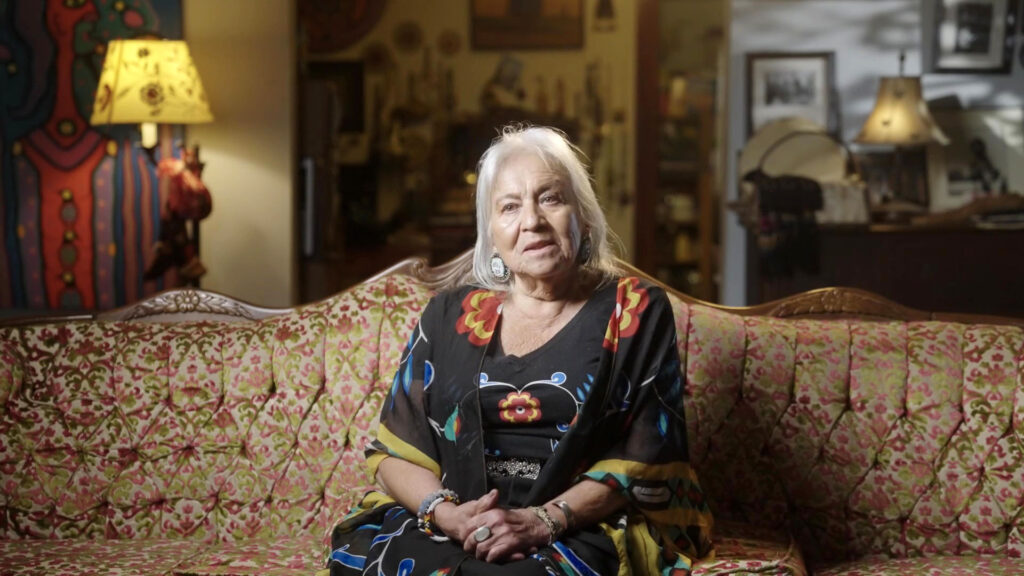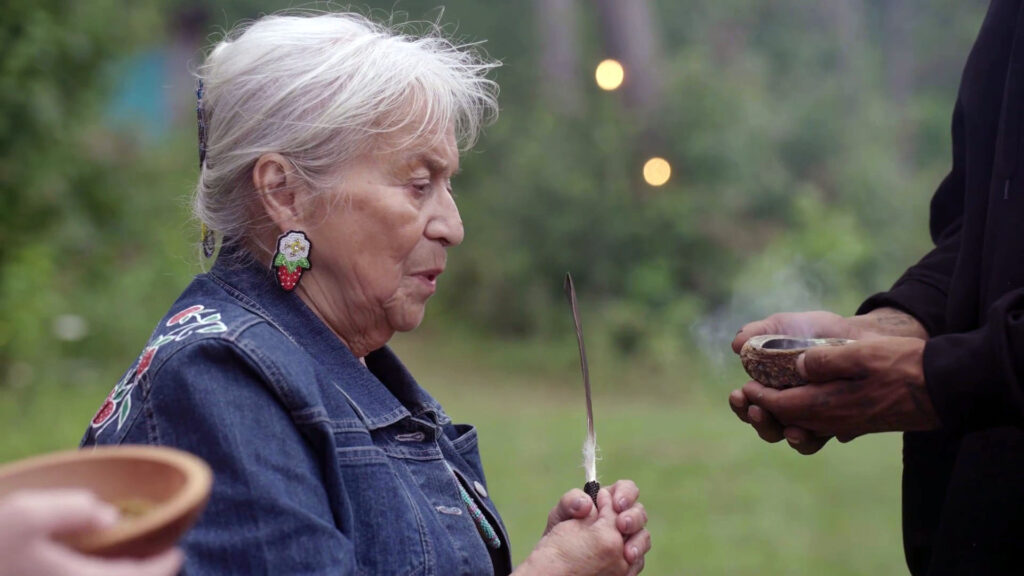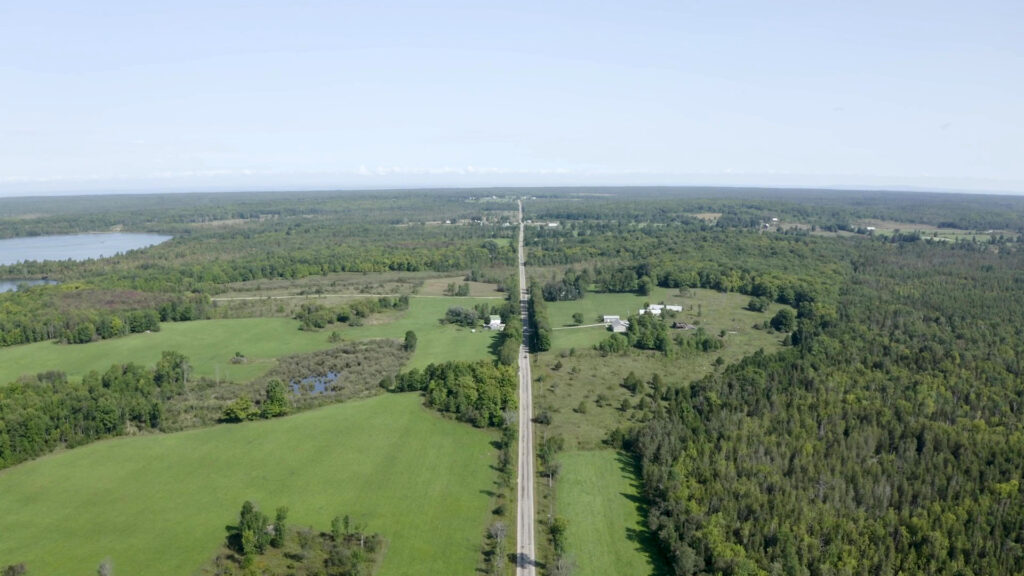Cases of the Court: Jeannette Corbiere Lavell
Cases of the Court: Jeannette Corbiere Lavell
Live the law.
At this point in the course, take a moment to pause—and step into the lived experience of a Canadian who brought her case to the Supreme Court.
In 1970, Jeannette Corbiere Lavell, a young Anishinaabe woman, lost her legal status under the Indian Act simply because she married a non-Indigenous man. She was stripped of her membership in the Wiikwemkoong community and barred from living on the reserve. This provision did not apply to Indigenous men who married non-Indigenous women.
Dismayed by this blatant injustice, she took her case all the way to the Supreme Court of Canada.
This documentary retraces Jeannette’s stand against colonialism and gender discrimination in Canadian law. Through her voice, we revisit a defining chapter in the struggle for Indigenous women’s rights and reflect on how her willingness to overcome obstacles helped shape the path for future generations.
This documentary vignette is part of a series of short films featured throughout the course, each offering a human perspective on the Canadian justice system and the Supreme Court experience.





